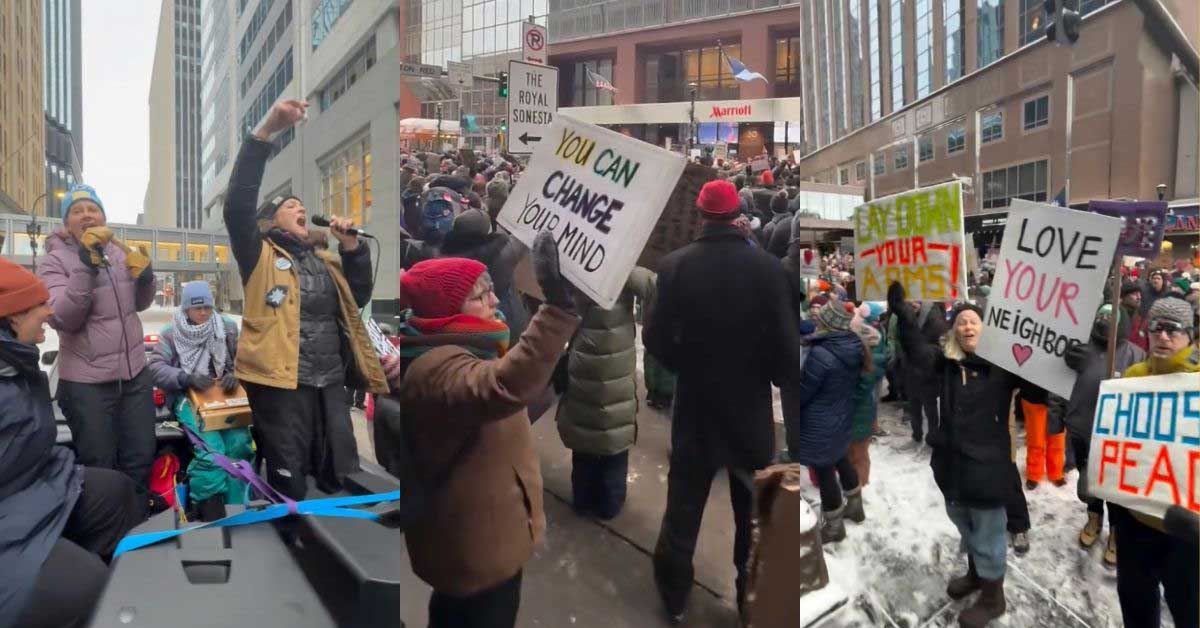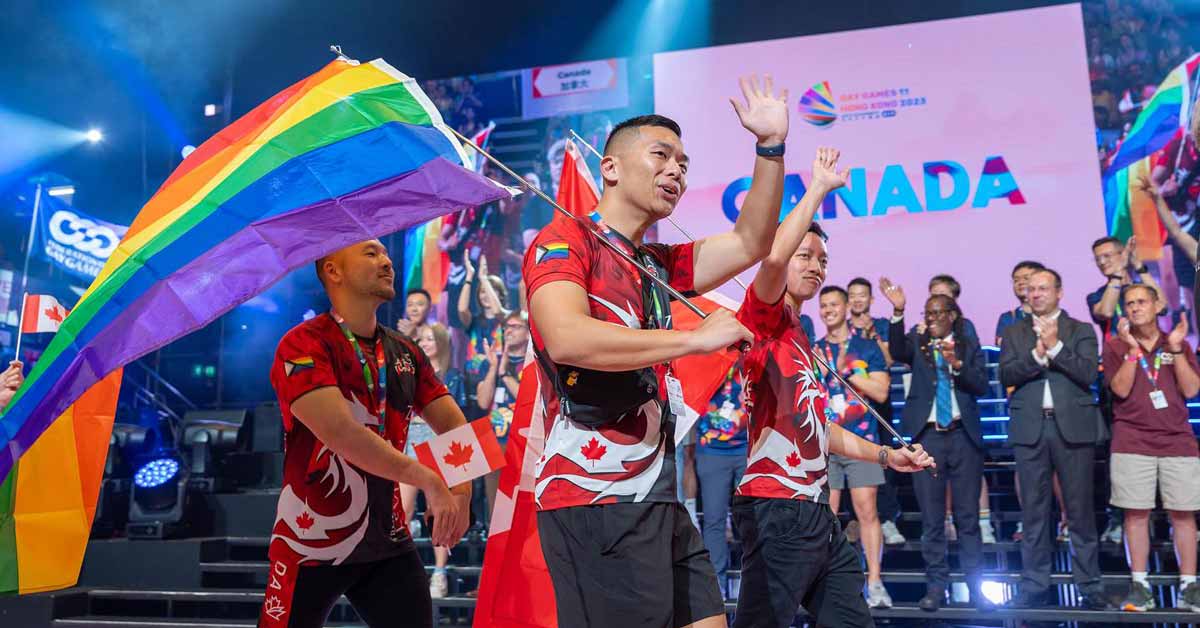The importance of journalists who take considerable risks to bring people the truth in countries where this involves going up against authoritarian governments has been recognized by the Nobel committee’s decision to award the 2021 peace prize to Maria Ressa of the Philippines and Dmitry Muratov of Russia.
In announcing the award, the Nobel committee called the pair “representatives of all journalists who stand up for this ideal”.

They said Ressa had used her online news organization, Rappler, to “expose abuse of power, use of violence and growing authoritarianism in her native country, the Philippines”.
Rappler, which grew out of a Facebook page launched in 2012 and has become one of the Philippines’ most credible independent news services, has been targeted by President Rodrigo Duterte since his election in 2016.
His 2017 state of the union speech alleged that Rappler was in foreign ownership, which would be contrary to the constitution. He also said it peddled “fake news”.
Government investigations followed and, by 2018, Ressa and Rappler were inundated with charges of cybercrime, tax evasion and as much intimidation as the Duterte government could muster.
This harassment took place against a backdrop of presidentially sanctioned murder in the form of Duterte’s “war on drugs” (which the International Criminal Court is now investigating) which led to the deaths of over 20,000 people, including journalists around the country. Ressa was not cowed by intimidation and threats.
Time magazine named her one of its Person of the Year winners in 2018 alongside other journalists facing oppression around the world.
When she was arrested for the first time, in 2019 at the age of 56, the country’s most prominent journalist was made to spend a night behind bars, a low point for civil society in the Philippines.
Ressa and her Rappler colleagues continue to work under the threat of imprisonment.
It remains to be seen if the award of the Nobel peace prize will shield Ressa and Rappler from further targeting, and whether the election, scheduled for May 2022, will bring any relief from government harassment and threats.
Thorn in Duterte’s side
Long before Duterte was elected, Ressa was an established figure in Filipino public life.
She had been the face of CNN in the Philippines as its bureau chief from 1987-1995 and then as an investigative reporter for CNN, where she focused on terrorism in the aftermath of 9/11 across southeast Asia.
In 2004, she joined major Philippines-based media company ABS-CBN and for six years helped grow it into the major news network in the country (its broadcast operations were shut down by Duterte in 2020).
It is with great credit to Ressa that her influence is so strong across the news media landscape in the Philippines where younger journalists continue to follow her advice and example.
This is not the first time Maria Ressa has won a major international award. She received the 2017 Democracy Award, the 2018 Knight International Journalism Award and, also in 2018, the World Association of Newspapers’s Golden Pen of Freedom Award and the Committee to Protect Journalists’ Gwen Ifill Press Freedom Award.
Her trials over recent years have regularly garnered public attention and condemnation from across the world from leading figures and organizations.
Peace Prize premium?
Despite this, the Duterte government has continued to stifle dissent and attack less prominent journalists in the more remote provinces of the Philippines who continue to investigate corruption and violence under the direct threat of violence and intimidation.

Hopefully the Nobel prize will put pressure on presidential candidates in the 2022 election to speak on the issue of press freedom and make it a campaign issue.
The award also means that foreign governments calibrating new relations with the next administration have a symbol to rally around.
In 2019, I was a delegate at the UK and Canadian governments’ Global Conference for Media Freedom in London. I had the opportunity to briefly meet Maria and her lawyer Amal Clooney.
There were a lot of strong sentiments and good words expressed that day from government officials as they listened to stories like those from the Philippines.
The whole event rung hollow when, toward the end of the day, news broke of the murder of radio news anchor Eduardo Dizon, a journalist with Brigada News FM in Kidapawan City in the southern Philippines.
But by handing this award to brave journalists like Ressa and Muratov, the Nobel committee is proclaiming the value, not only of their work, but of all journalists who take risks to hold power to account.
This article was originally published by The Conversation on September 22nd, 2021, and was made available to Good Good Good.
Header image courtesy of Ill. Niklas Elmehed © Nobel Prize Outreach





